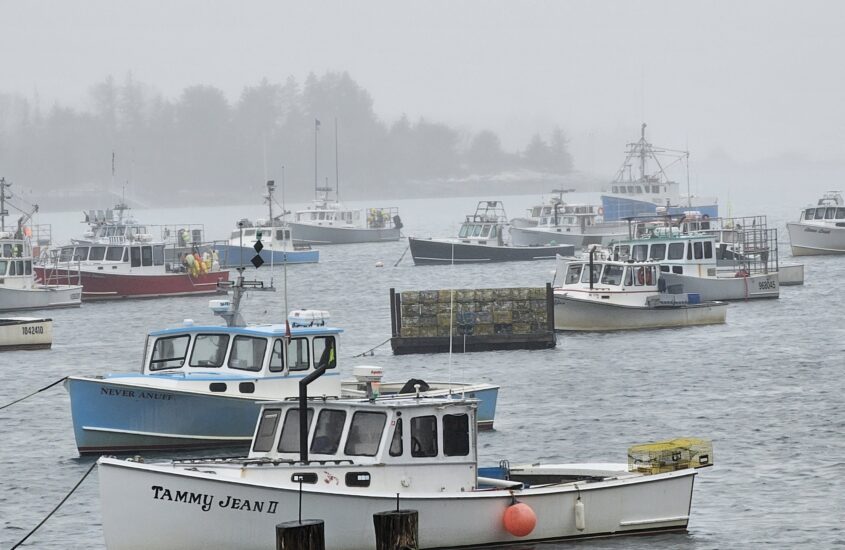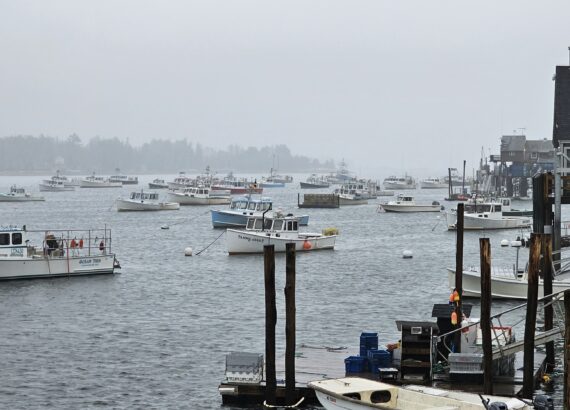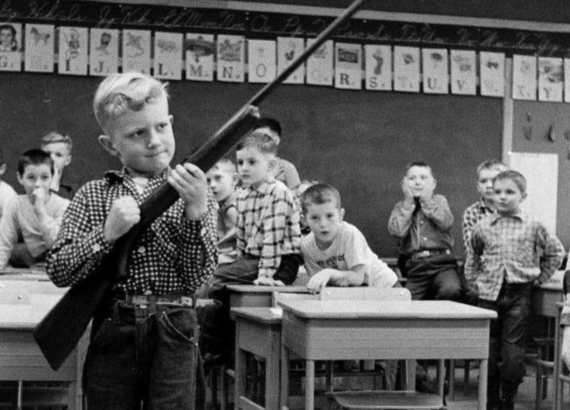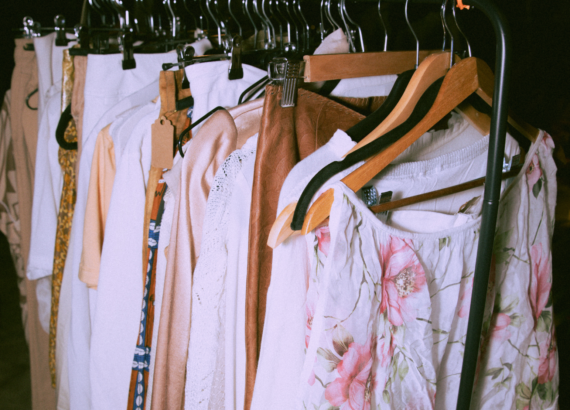Right Whales and Wrong Accusations: An Attack on Maine Lobstermen
Laura Oliver | Photo by Laura Oliver
Photo by Laura OliverWhen people think of Maine, they often think of eating lobster rolls while overlooking a small harbor that is full of boats and buoys, but that version of Maine is at risk of disappearing.
I’m a 11th generation Mainer and I grew up in one of those quintessential towns, the small fishing village of Friendship, Maine where lobstering is a way of life. The waterfront is truly a working waterfront and the town’s lifeblood is the lobstering industry. I have many friends and family members who are lobstermen and lobsterwomen and they are hardworking people who love their independent heritage.
For generations, Maine lobstermen have given their hearts, souls, and sometimes lives to the sea, but because of current legislation, they are at risk of having their livelihoods ripped from them.
That livelihood is being abused in the name protecting right whales.
The North Atlantic right whale population is declining, but despite no evidence whatsoever of Maine lobsterman causing a single right whale death, lobstering is being blamed.
Fisheries in Maine are already heavily regulated and lobstermen have continued to comply with new burdensome regulations in an effort to protect these whales and the environment in general.
What is unfortunate about these new regulations is that they will neither protect right whales OR Maine lobstermen!
Shouldn’t we be as concerned with the Maine families that are being impacted by these laws? Shouldn’t we be trying to protect both the whales AND the lobstermen?
Nobody in Maine has a bigger stake in protecting lobster’s habitats and ensuring Maine’s lobstering industry will be around for generations to come than the lobstermen themselves who rely on it to feed their families, and yet the federal government is attempting to effectively shut down Maine lobstering.
So what can you do to help?

Photo by: Laura Oliver, Friendship Harbor, Maine
The easiest answer is also a delicious one. Eat Maine lobster and tell your friends to eat Maine lobster too!
California’s Monterey Bay Aquarium has recommended that Maine lobster be placed on a “red list” of foods to avoid. There is no evidence to suggest that the Maine lobstering industry has anything to do with the right whale’s declining population, but Monterey Bay Aquarium is ignoring the scientific data and claiming the Maine lobstering industry is no longer sustainable. They are currently being sued by a number of Maine businesses and associations for defamation, but as a result of the red list label, some major restaurants and home meal kit brands have dropped Maine lobster from their menus. So when you do eat lobster, be sure to ask if it is from Maine.
It can be easy to assume that if you aren’t a lobsterman, these laws won’t affect you, but whether we like it or not, Maine’s tourism industry is tied to every aspect of Maine’s economy and this issue is not simply a concern for lobstermen, but for all local businesses.
Let’s not be fooled into jumping on bandwagons of current trends without first understanding the driving forces behind them.
In our society at large, it seems like protecting animals has taken a priority over protecting people.
We have a responsibility to protect the environment by being stewards of our natural resources, but we also have a duty to justice and to protect the hardworking tradition of Maine lobstermen.
Are the North Atlantic right whales actually being harmed by Maine lobstermen?
No.
But if we aren’t careful, Maine lobstermen will go from being endangered to extinct.
Show your support for Maine lobstermen – shop these trusted resources:
Jess’s Market
Maine Lobster Marketing Collaborative.






